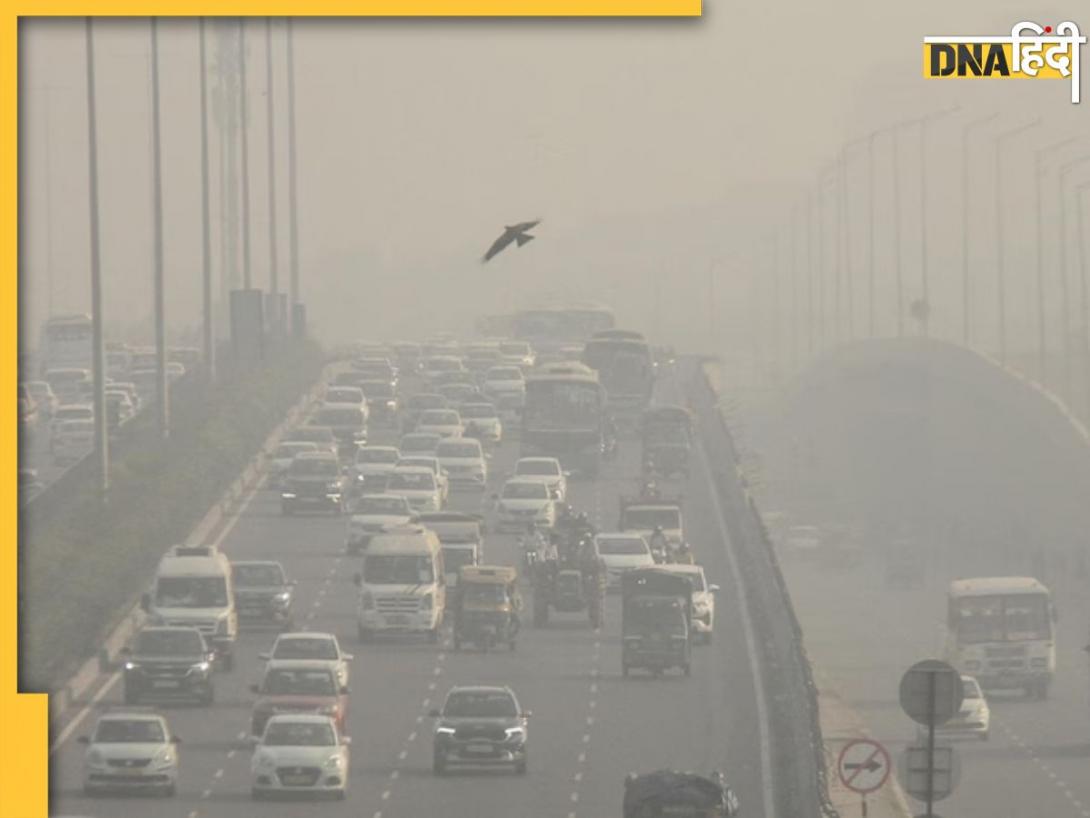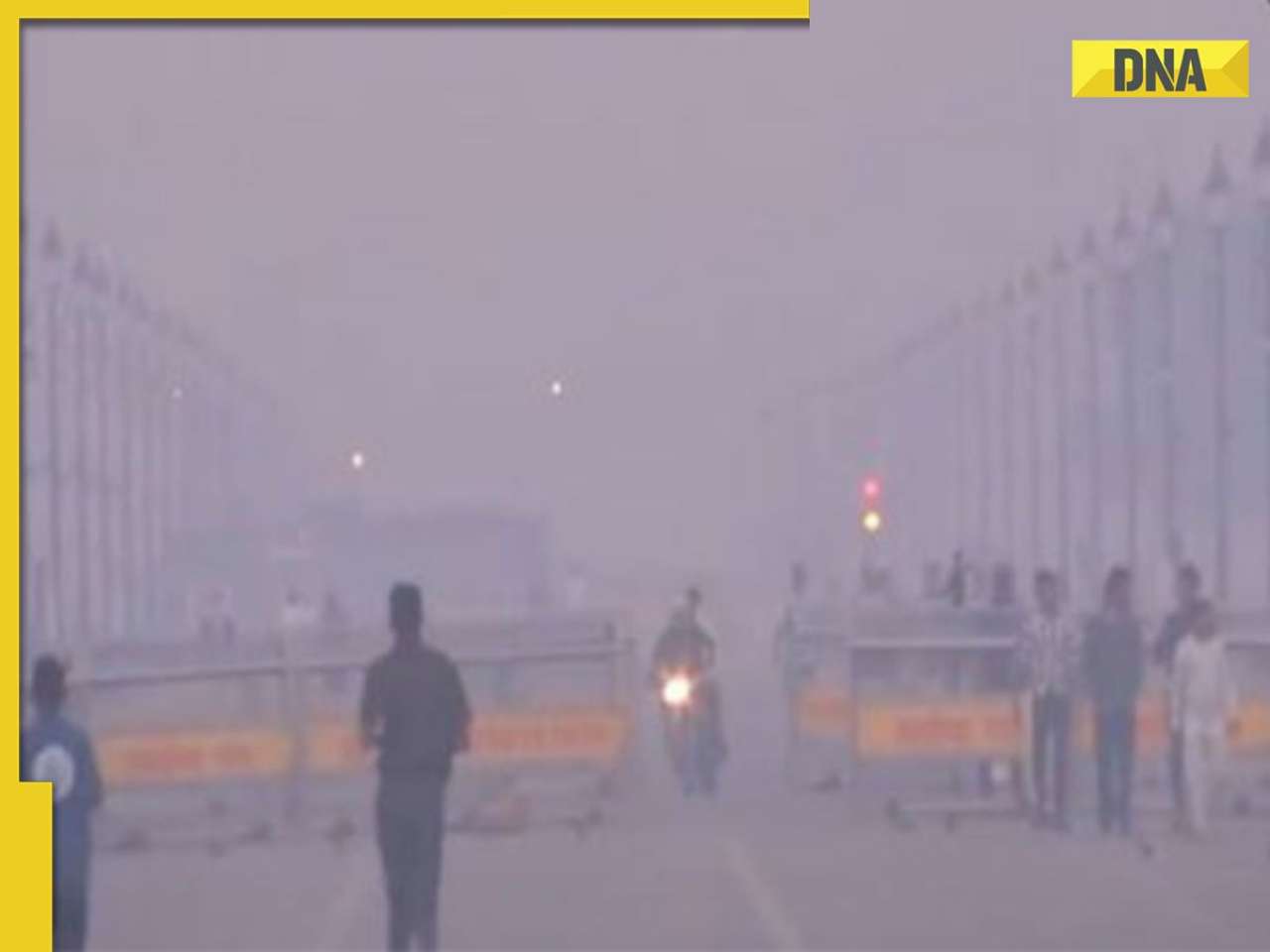- LATEST
- WEBSTORY
- TRENDING
HEALTH
Mpox spreads to 116 countries: Know symptoms, causes, treatment
Mpox, formerly monkeypox, is a viral disease caused by the mpox virus from the Orthopoxvirus genus.
TRENDING NOW
The World Health Organization (WHO) has planned an emergency meeting to discuss the ongoing mpox outbreak, which has affected 116 countries. The WHO recently classified it as a "Grade 3 emergency," the highest level, meaning it requires urgent attention.
Since the outbreak began in 2022, it has continued to spread, with a recent rise in cases globally. The virus is spreading in West, Central, and East Africa, and cases are also appearing in the Americas and Europe.
What is MPOX?
Mpox, formerly monkeypox, is a viral disease caused by the mpox virus from the Orthopoxvirus genus. First discovered in monkeys in 1958, it mainly affects rodents and small mammals. The disease spreads from animals to humans and belongs to the Poxviridae family. There are two main clades: Clade I in Central and East Africa, and Clade II in West Africa. The first human case was reported in 1970 in the Democratic Republic of the Congo. In 2022, the WHO renamed monkeypox to mpox to reduce stigma.
Symptoms?
Mpox symptoms are similar to smallpox and include fever, headache, muscle aches, and a rash that usually starts on the face and then spreads to other body parts.
The virus spreads to humans through direct contact with infected animals, their bodily fluids, or contaminated materials. It can also transmit from person to person via respiratory droplets or close contact.
Treatment?
There is currently no cure or specific treatment for mpox. The WHO recommends supportive care to manage symptoms.
Patients should stay hydrated, eat nutritious meals, get plenty of rest, and avoid scratching their skin. It's also important to follow good hygiene practices, such as frequent handwashing, especially after touching any lesions.
If infected individuals need to be around others, they should cover their lesions with clothing or a bandage until they can isolate again.







)
)
)
)
)
)
)
)
)
)
)
)
)
)
)
)






























































